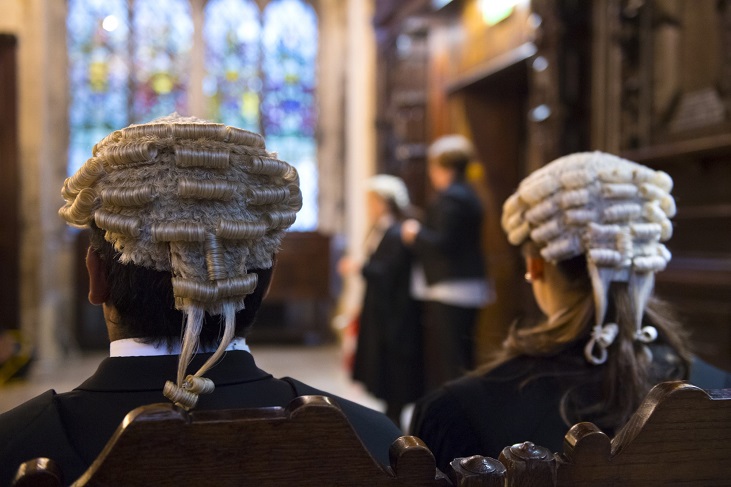What can I do to help myself become a barrister?
Helping yourself on your journey to becoming a barrister
There are a number of things you can do now which will not only help you join the course you are most interested in, but will also help you into pupillage and, ultimately, to becoming a barrister.
The fact that you are reading this article demonstrates in itself that you are the type of person who wishes to make informed decisions. As with many aspects of life, the more knowledge and experience you gain, the greater your prospects of success.

Studying subjects which interest you
You do not need to have decided to become a barrister at the age of 3 to stand any chance of success, nor do you need to have honed your GCSEs or A-levels according to what you then considered would make you most suited for the Bar.
You can do your degree in the subject that you find most interesting. If that happens not to be law, that’s fine – you can do a GDL (or equivalent law conversion course) later to allow you to move on to a Bar training course.
Changing careers
The Bar welcomes people from all backgrounds and is eager to promote diversity and equality of opportunity. Many people decide to change careers to join the Bar, whilst others knew from an early age that this is exactly what they wanted to do. The collective wealth of knowledge, experience, ability and enthusiasm is just part of what makes the Bar such a vibrant and exciting profession to join.
Effective Communication
Whatever your background, since in large part the Bar is about effective communication, it will always be helpful to gain experience in public speaking, whether in a legal context or not. Similarly, your written skills are important, so writing articles for publication can be an extremely useful exercise.
Work and volunteering opportunities
Gaining work experience with barristers and solicitors can be helpful. Any prospective chambers will welcome experience gained from both sides of the legal profession. This type of experience also equips you to understand the profession you are seeking to join and to decide if this is what truly energises you.
If you can give your time to help other people, then do so. Empathising and communicating with others, particularly those encountering real difficulties in their lives, not only helps them, but also demonstrates your human nature. Working in legal advice clinics, law centres or refuges can be of real assistance here, both to you and of course to many others.
Personal experience
Remember that in practice as a barrister you will encounter a wide variety of individuals with a similarly wide variety of problems. Take some time to think about your own life, the problems you have solved, the people you have helped, the obstacles you have overcome, the work you often do on a daily basis. Life experience such as this falls naturally into many questions that may be asked of you when you apply for Bar training and then for pupillage.